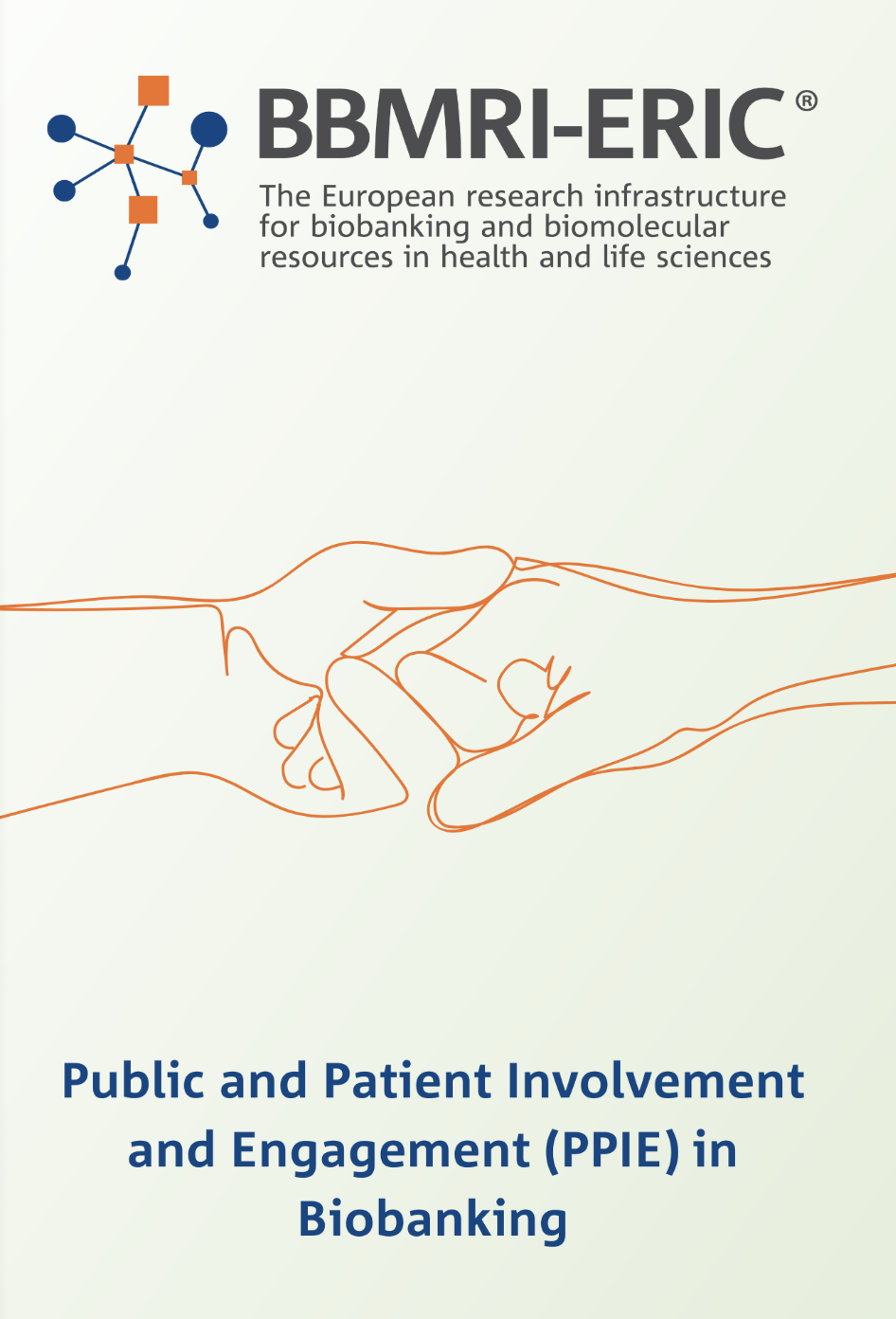I am looking for information as
Researcher

Industry

Patient

New publication: Public and Patient Involvement and Engagement (PPIE) in Biobanking
This article is 493 words, and a two-minute read.
Constant dialogue with patients, caregivers and the public is a key guiding principle in biobanking. However, meaningful patient and public involvement – also known as research participant engagement – is still not standard practice for many biobanks. Where engagement does exist, it is often limited to one-way communication rather than mutual involvement. Thoroughly incorporating the opinions and lived experiences of biobank participants and their families can bring meaningful insights that benefit not only those research participants but also researchers and the entire biobanking community.
To facilitate a transition to active partnership, the BBMRI-ERIC community, which includes the National Nodes and Stakeholder Forum Patients and Citizens Pillar, have created a set of guidelines. This outcome is a key element of the BBMRI-ERIC 10-Year Roadmap and the current 2025-2027 Work Programme.
The Public and Patient Involvement and Engagement (PPIE) in Biobanking publication outlines key principles and provides guidance to support biobanks in involving patients, caregivers and the public. Special focus is given to partners in Steering Committees and Data & Sample Access Committees to ensure participant voices are included where decisions are made.
Eric Vermeulen is Chair of BBMRI-ERIC Stakeholder Forum Patients and Citizens Pillar who initiated and also coordinated contributions from multiple patient organisations. He explains:
“Public and patient involvement and engagement (PPIE) in biobanking is both crucial and feasible. The principles demonstrate to the biobank community why PPIE is important and how it can be integrated into biobank policy and practice.
“The principles were first presented at Europe Biobank Week (EBW) in 2024, and a draft version was discussed at EBW 2025. BBMRI-ERIC and its Stakeholder Forum hope that the principles will inspire and guide the biobanking community to discuss and implement public and patient involvement and engagement in their biobanking activities.”
Manuela Pausan, BBMRI-ERIC’s Scientific Stakeholder Manager, is part of the authoring team and highlights how:
“It is important that biobanks involve patients, caregivers and the public not merely as participants, but as equal partners in the co-creation of biobanking practices.
“The sustainable and ethical advancement of biobanking requires multi-stakeholder collaboration, bringing together patients, caregivers, community representatives, biobankers, clinicians, ELSI and quality management experts. Only through such inclusive partnerships can biobanks meaningfully shape science and serve the diverse needs of the society.”
Benefits of public and patient involvement and engagement (PPIE) in biobanking
Biobanks are strongly encouraged to engage with patients and public in order to:
- Improve transparency and trust
- Improve research quality and relevance
- Get different perspectives
- Sustainability
- Increasing recognition of PPIE
BBMRI-ERIC recommends the following principles to be considered when biobanks are developing their PPIE activities:
- Co-create clear objectives and scope of PPIE activities
- Enable engagement and involvement in different levels of biobank governance
- Ensure diverse representation of patients and public
- Provide training and support
- Create conditions for compensation or reimbursement whenever possible
- Make contributions visible
- Sustainability of involvement and engagement
- Ensure transparent and accessible outreach of the patient and public engagement
- Measuring and Evaluating Impact
Read the full PPIE online or download the PDF.






